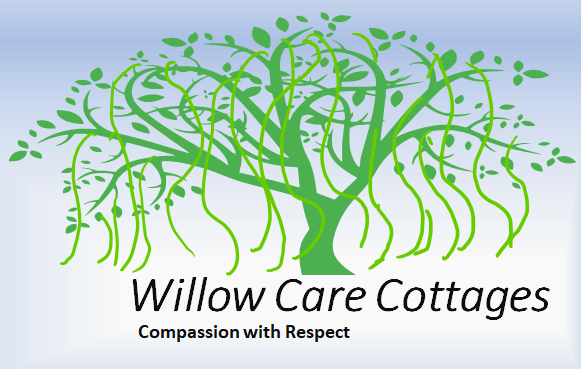We use several creative and innovative ideas to enrich the lives of our residents at WillowCare Cottage. From activities and events to personalized care approaches, explore how we make everyday special.
Enriching Activities
1. Art and Craft Workshops: “Encouraging creativity through art and craft workshops, where residents can express themselves and create beautiful pieces.”
2. Music Therapy Sessions: “Hosting music therapy sessions to stimulate memory and provide a soothing, enjoyable experience for our residents.”
3. Gardening Projects: “Engaging residents in gardening projects to promote physical activity and a sense of accomplishment as they nurture plants and flowers.”
Community Events
4. Seasonal Celebrations: “Organizing seasonal celebrations and holiday-themed events to bring joy and a festive spirit to our community.”
5. Family Days: “Hosting family days where residents can spend quality time with their loved ones in a fun and welcoming environment.”
6. Cultural Festivities: “Celebrating diverse cultures with themed events, food, and activities that highlight and respect the traditions of our residents.”
Personalized Care Approaches
7. Tailored Care Plans: “Developing personalized care plans that cater to the unique needs and preferences of each resident.”
8. One-on-One Companionship: “Providing one-on-one companionship to ensure residents receive individual attention and emotional support.”
9. Memory Lane Walks: “Taking ‘Memory Lane’ walks with residents, discussing their life stories and reminiscing about fond memories.”
Wellness and Health
10. Fitness Programs: “Implementing tailored fitness programs to promote physical health and well-being among our residents.”
11. Nutritious Meal Plans: “Offering nutritious and delicious meal plans designed to meet the dietary needs and preferences of our residents.”
12. Mindfulness and Relaxation: “Conducting mindfulness and relaxation sessions to help residents manage stress and improve their mental health.”
Innovative Care Techniques
13. Sensory Stimulation Activities: “Introducing sensory stimulation activities to engage residents with dementia and enhance their quality of life.”
14. Pet Therapy: “Integrating pet therapy sessions to bring comfort and companionship through interactions with friendly animals.”
15. Virtual Reality Experiences: “Utilizing virtual reality technology to offer residents immersive experiences, from virtual travel to historical tours.”
Get Involved
“We welcome suggestions and ideas from residents, families, and staff. If you have an idea to enhance life at Willow Care Cottage, please share it with us. Together, we can make every day special.”
